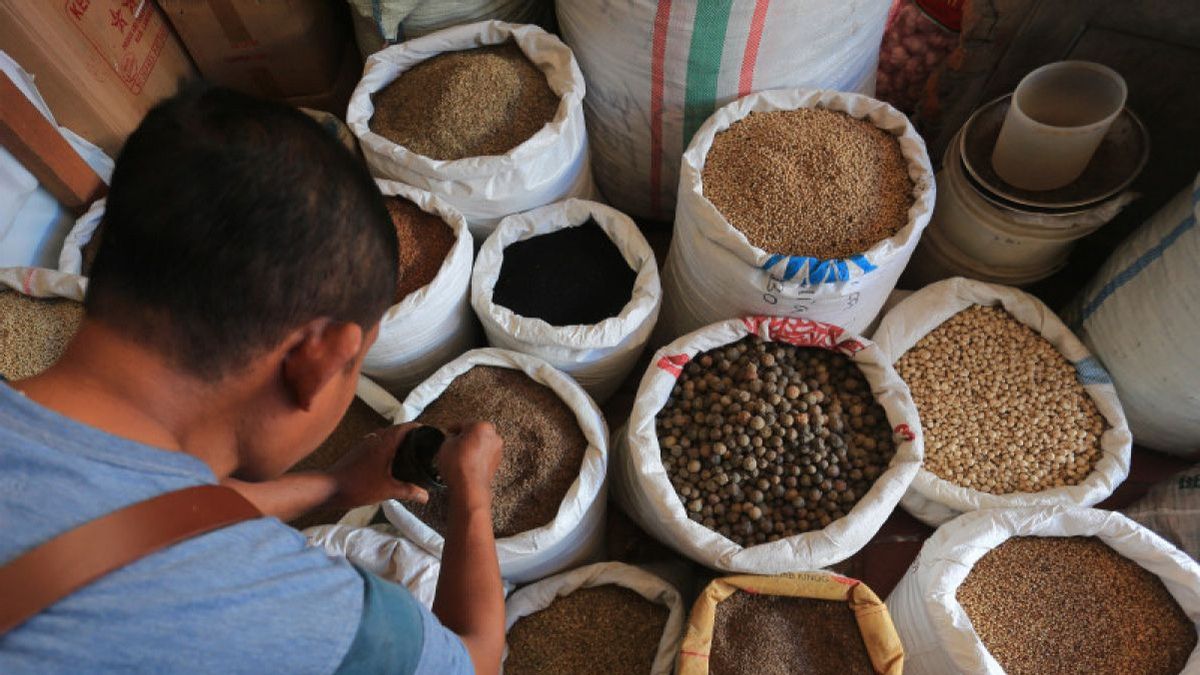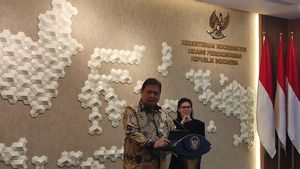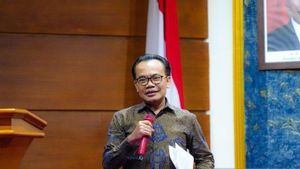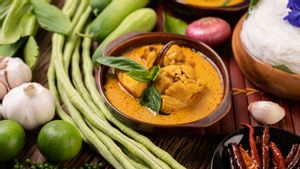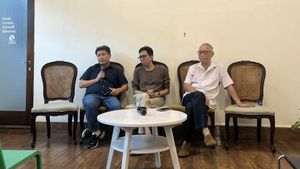JAKARTA - Opportunities for the export of Indonesian spices are still promising. This is because the world's dry herbal and spice markets are predicted to continue to increase in the future.
"The market share is estimated to be 8.4 billion dollars at the end of 2028," said Gadjah Mada University (UGM) Agricultural Technology Expert Prof. Djapal Wiseso Marseno quoting Antara.
According to him, spices are still Indonesia's mainstay exported commodities as evidenced by the high trade in pepper, cloves, nutmegs, and cinnamon to European countries.
The wealth of spice commodities, said Djapal, also has the potential to support Indonesia's food security to be stronger than other countries.
According to him, since centuries ago, Indonesia has had abundant potential resources, including cultural diversity and spices, becoming its own attraction in the eyes of the world.
Therefore, this potential needs to be developed in order to be able to become a selling point as well as a national food security foundation.
Based on the ASEAN State Food Security Index, he said Indonesia was still ranked fourth behind Vietnam.
In fact, with Indonesia's favorable geographical conditions, it should be able to boost national food security.
SEE ALSO:
"That's according to the global index. These spices grow easily in tropical countries, its maintenance and resilience are also easy. It's easy to work on small-scale and large-scale," he said.
UGM Faculty of Agricultural Technology lecturer Prof Supriyadi added that in addition to spices, "sinky beans" or nuts with pungent odors such as petai and jengkol also have high export potential.
According to him, petai and jengkol plants thrive in West Java, Central Java, and East Java and generally on land owned by residents on a micro and spread, not in one large area.
"The production process and distribution of petai trade are still not good. Transportation is carried out on a large scale, stacked, to save costs. In fact, if you pay attention to the map after it is harvested, it still does respiration, and this affects the quality of the map," he said.
The English, Chinese, Japanese, Arabic, and French versions are automatically generated by the AI. So there may still be inaccuracies in translating, please always see Indonesian as our main language. (system supported by DigitalSiber.id)
